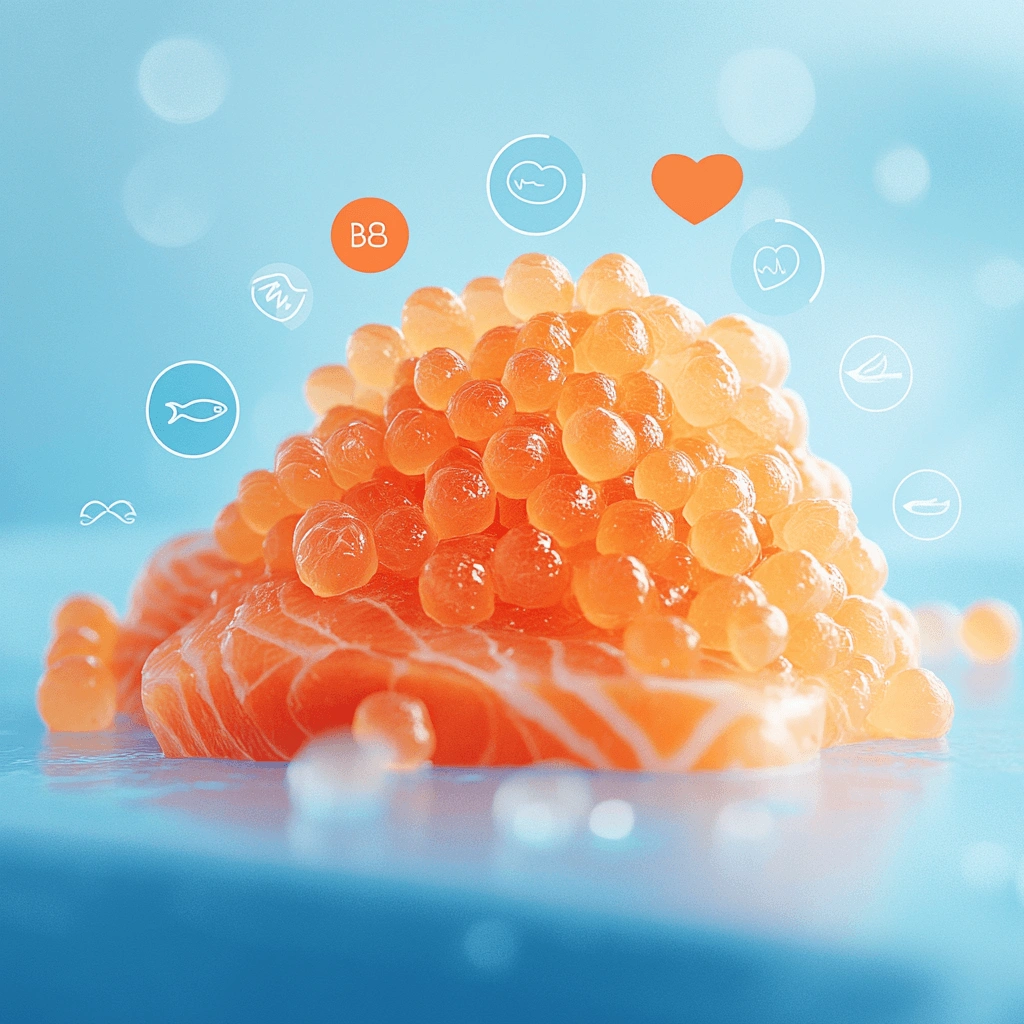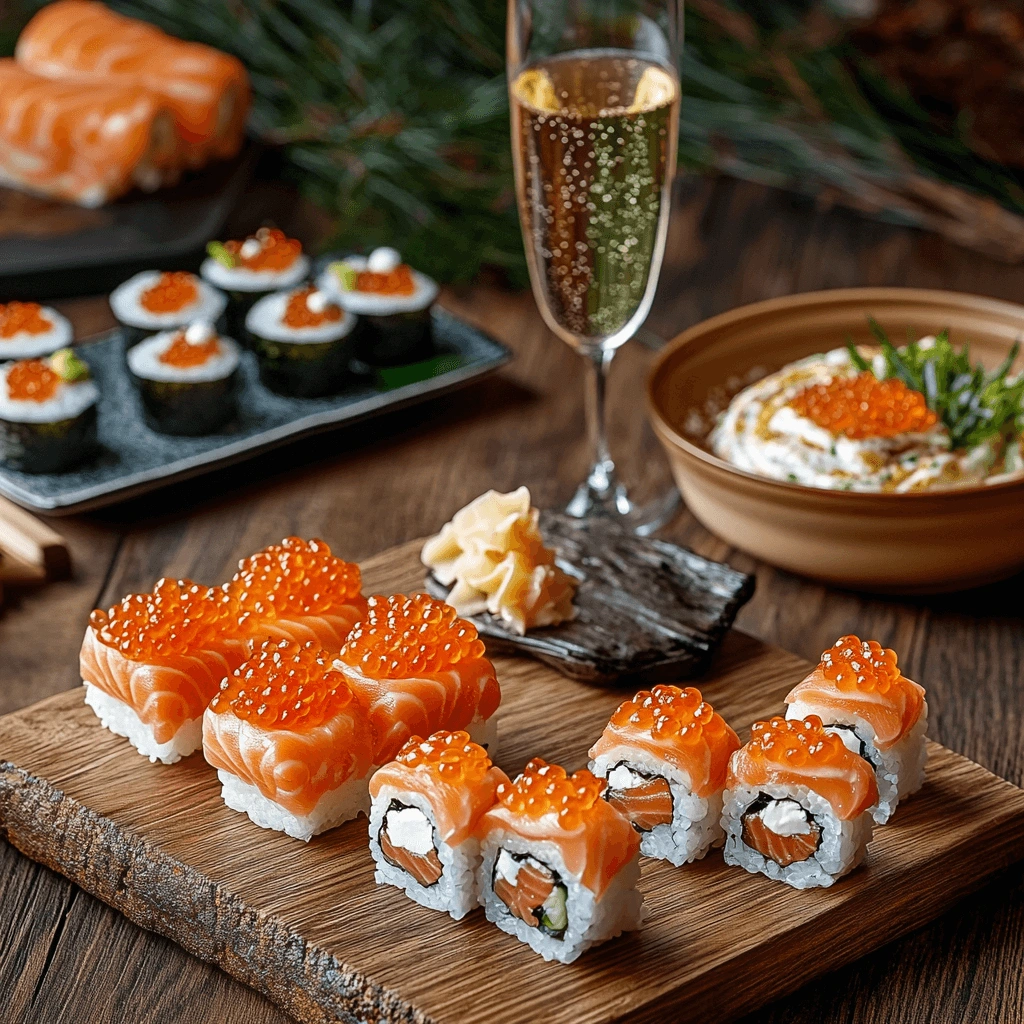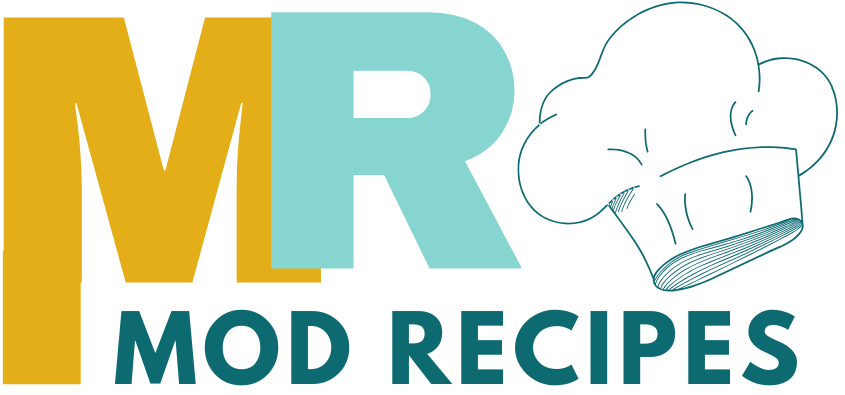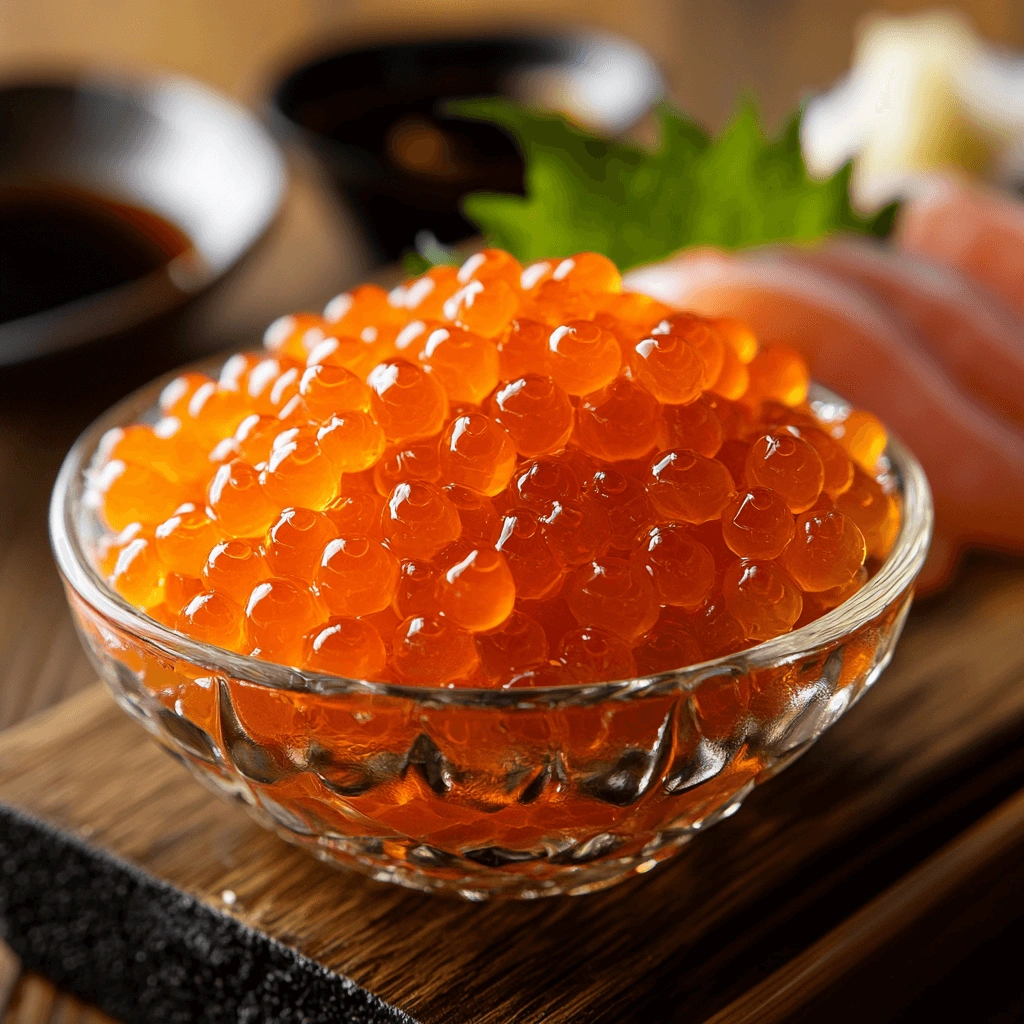Introduction:
Imagine the delicate burst of oceanic flavor as you savor tiny pearls of vibrant orange, each one brimming with rich umami and nutrients. Salmon eggs, also known as ikura, are more than just a luxurious garnish; they are a powerhouse of health benefits and an essential ingredient in gourmet cuisine. Whether you enjoy them atop sushi, on buttery toast, or as a delicacy with a glass of chilled champagne, salmon roe is a treat that combines elegance and nutrition.
Beyond their exquisite taste, these glistening gems are packed with omega-3 fatty acids, vitamins, and essential minerals, making them a superfood worth incorporating into your diet. If you’ve ever been curious about salmon eggs—what they are, how to enjoy them, and why they’re so beneficial—this comprehensive guide will take you through everything you need to know.
What Are Salmon Eggs? A Dive Into This Gourmet Delicacy
Understanding Salmon Roe
Salmon eggs, or ikura, are the roe (eggs) harvested from female salmon. Unlike other types of fish roe, they are known for their large, translucent, orange-red appearance and firm yet delicate texture.
Types of Salmon Eggs
- Ikura (Cured Salmon Roe) – Lightly salted, commonly used in Japanese cuisine.
- Red Caviar – A term often used in Russia and Europe to describe salmon roe.
- Keta Salmon Roe – Larger, with a more subtle flavor, often found in the Pacific Northwest.
Flavor Profile
Salmon eggs deliver an exquisite briny, buttery, and slightly sweet taste, complemented by their characteristic pop when eaten. Their rich umami makes them a coveted ingredient in fine dining.
Why Are Salmon Eggs Considered a Superfood?

Packed with Omega-3s
One of the primary reasons salmon eggs stand out is their high concentration of omega-3 fatty acids—essential for heart health, brain function, and reducing inflammation.
Nutrient-Dense Superfood
Salmon eggs are loaded with:
- Vitamin D – Boosts immunity and bone health.
- Vitamin B12 – Essential for energy production and red blood cell formation.
- Selenium – A powerful antioxidant supporting thyroid function.
- Protein – Aids muscle growth and repair.
Rich in Astaxanthin: The Anti-Aging Antioxidant
Astaxanthin, a potent antioxidant responsible for the vibrant orange hue of salmon roe, fights oxidative stress, enhances skin health, and promotes eye health.
How to Eat Salmon Eggs: Best Culinary Uses

Traditional Delicacies
- Sushi and Sashimi – A staple in Japanese cuisine, often served atop rice.
- Russian Blinis with Crème Fraîche – A classic way to enjoy red caviar.
Creative Ways to Enjoy Salmon Eggs
- On Toast – Layered with avocado, cream cheese, or butter.
- With Pasta – Adds depth to creamy sauces.
- Over Scrambled Eggs – Elevates a simple breakfast dish.
Best Pairings
- Pairs beautifully with buttery crackers, chilled vodka, or dry champagne.
How to Store and Preserve Salmon Eggs for Maximum Freshness

Buying Guide
When purchasing salmon roe, look for bright, glossy eggs with a fresh, briny scent. Avoid dull, mushy, or overly salty products.
Storage Tips
- Keep refrigerated at 32°F – 39°F (0°C – 4°C).
- Store in an airtight container to maintain freshness.
Shelf Life
- Fresh salmon roe: Best consumed within 3-5 days.
- You can store frozen salmon roe for up to six months, but its texture may change slightly.
Delicious Recipe: Salmon Eggs on Gourmet Toast

Ingredients:
| Ingredient | Quantity |
|---|---|
| Fresh salmon roe (ikura) | 2 tbsp |
| Sourdough bread | 1 slice |
| Cream cheese | 1 tbsp |
| Avocado | ½ mashed |
| Lemon juice | 1 tsp |
| Chopped chives | 1 tsp |
| Black pepper | To taste |
Instructions
- Toast the sourdough bread until golden brown.
- Spread a layer of cream cheese, followed by mashed avocado.
- Drizzle lemon juice and sprinkle black pepper on top.
- Gently place salmon eggs over the toast.
- Garnish with chopped chives and serve immediately.
Frequently Asked Questions (FAQ)
Are salmon eggs safe to eat raw?
Yes, if sourced properly. Look for sushi-grade or high-quality ikura to ensure safety.
Do salmon eggs taste fishy?
No, they have a delicate, briny, and slightly sweet flavor, with a satisfying pop.
Can you freeze salmon eggs?
Yes, though freezing may slightly alter their texture. Fresh consumption is best.
How do salmon eggs compare to other fish roe?
They are larger, richer, and more nutrient-dense than tobiko or capelin roe.
Conclusion:
Salmon eggs are more than a luxury ingredient; they are a nutrient-dense superfood packed with omega-3s, antioxidants, and essential vitamins. Whether you’re indulging in sushi, elevating your breakfast, or enjoying them on toast, salmon roe offers a unique fusion of health benefits and gourmet appeal.
Are you ready to elevate your meals with this oceanic delicacy? Try incorporating salmon eggs into your diet today and experience their rich taste and incredible benefits firsthand!

